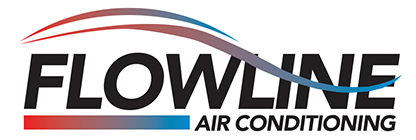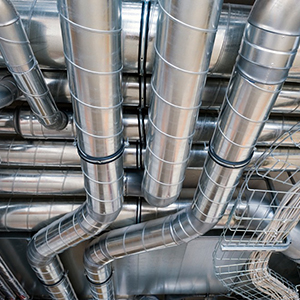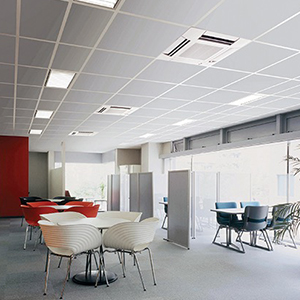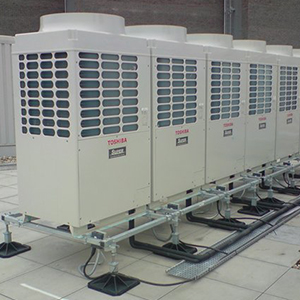Fluorinated greenhouse gases (F-Gases) are a family of chemicals that contain fluorine. Most F-Gases are very powerful greenhouse gases that contribute to global warming if emitted to the atmosphere.
Many commercial, industrial and public sector organisations have obligations under the EC F-Gas Regulation. In particular, if you use, maintain or install refrigeration and/or air-conditioning equipment you are likely to be affected.
The F-Gas Regulation (842/2006)
This EC Regulation aims to reduce emissions of HFCs, PFCs and SF6. The key obligations applied from July 2007. Statutory Instrument No.41 prescribes offences and penalties applicable to infringements of the EC F-Gas Regulation and lays out the current qualifications and certification requirements.
Who is responsible for compliance?
The EC F-Gas Regulation defines the operator as follows:
“Operator means the natural or legal person exercising actual power over the technical functioning of the equipment and systems covered by this Regulation”; the EC F-Gas Regulation usually places responsibility with the owner, even if there is a comprehensive maintenance contract in place.
The actual obligations depend on the amount of refrigerant in each separate system. Two plants are considered to be separate if there is no interconnection between their refrigerant circuits (i.e. refrigerant cannot flow from one system to the other).
Obligations for the operator and Flowline
The obligations have a direct affect on the length of time a service will take; as part of the regular checks now required the gas in the system will need to be recovered into a container, the container is then weighed. If the weight doesn’t match the weight on the equipment label, an investigation will need to be carried out to determine the source of the leakage.



